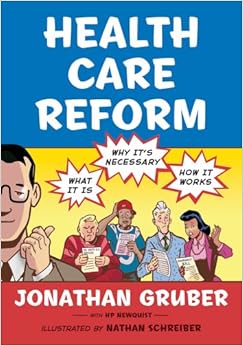Before the ACA, the only individual policies I was able to purchase were full of exclusions, so shoddy and incomplete that they did not even meet the minimum standards required of ACA plans. You know the whole "You can keep your insurance plan" promise? Well, lots of plans were so lousy they could not be kept. And folks, this were not just the 'bare bones cheapo plans' either -- but rather, almost anything sold to individuals. Truly, crappy insurance plans. But that was all that was available to healthy individuals let alone sick ones... (I was not trying to be 'cheap' and was spending close to $20,000 per year to insure my family. That's not a typo.)
I expected that my health premiums might go up once I was able to trade a crappy plan for a comprehensive one through the ACA exchange -- only fair, right? But no. My costs actually went down - significantly - for a plan that was so much better than what we had before. Did I spend a lot of healthcare dollars that first year for deferred services? You bet! And I'll bet a lot of other people did too. Next year, the premium went up. Way up. No surprise there. But still, no more than I had been forced to pay before for a policy that was so full of holes that it didn't offer any financial security.
So bottom line, my take is that if your rates went WAY up, it was probably largely because what you're getting now is a much more comprehensive policy that what you had before. If they went up a little, it's because healthcare expenses in general go up, and because other people's 'deferred maintenance' catchups are causing an incremental bump.

